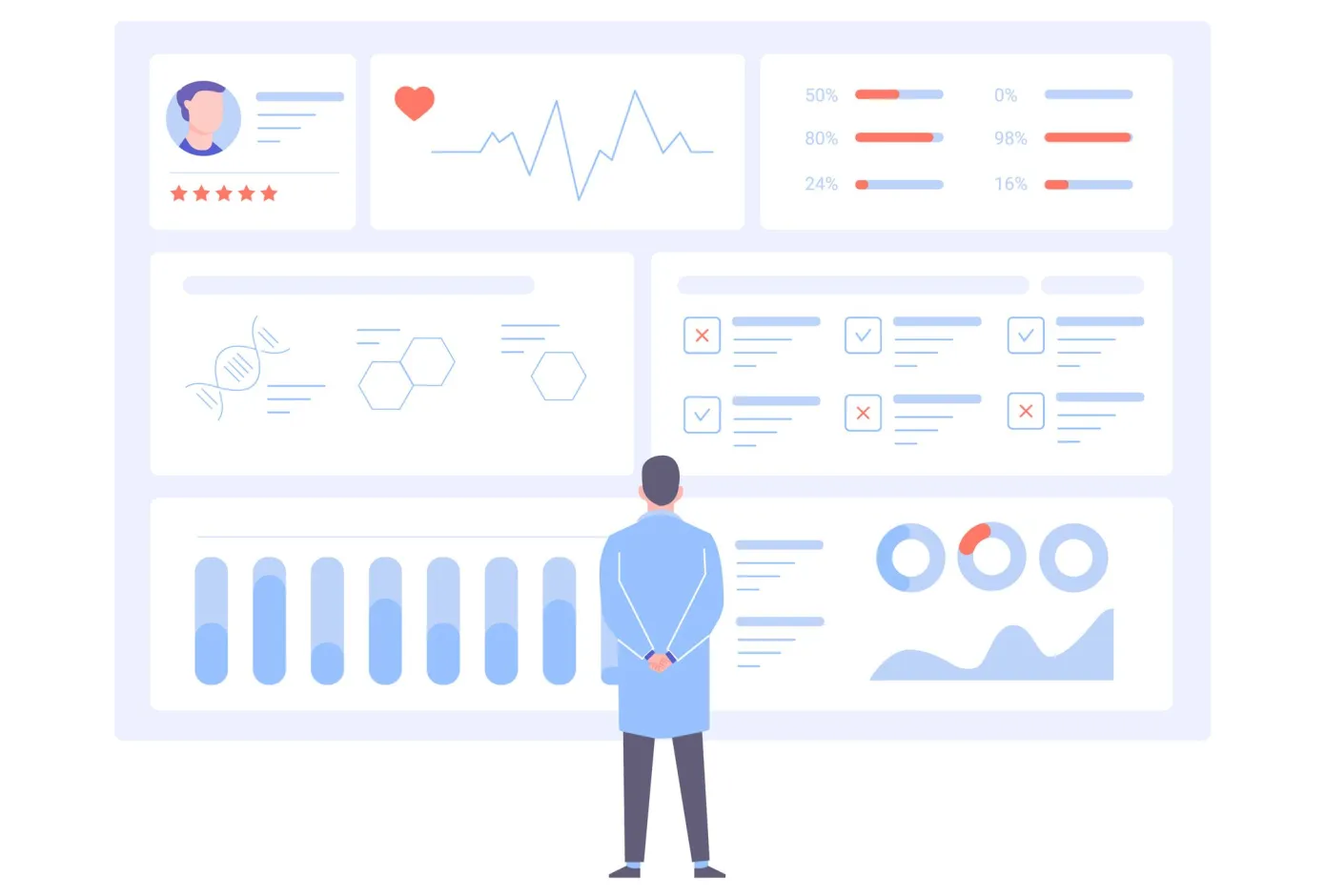Generative AI is emerging in healthcare, but not everyone is excited

Generative AI is advancing in healthcare through collaborations between Big Tech and startups. Google Cloud partners with Highmark Health to personalize patient intake. AWS explores using generative AI to analyze medical databases, and Microsoft Azure aids in triaging patient messages for Providence.
Startups like Ambience Healthcare, Nabla, and Abridge are innovating in this space, backed by significant investment. However, there's skepticism among professionals and patients about its readiness for widespread use.
Studies reveal limitations, with errors in diagnosing diseases and struggles in administrative tasks. Concerns about perpetuating stereotypes and biases persist, especially among vulnerable populations.
Despite progress in medical imaging and other areas, technical and compliance challenges remain. Privacy, security, and regulatory issues need resolution, alongside rigorous scientific validation for patient-facing tools.
The WHO advocates for robust oversight and transparency to address concerns and ensure the safe deployment of generative AI in healthcare. Until these challenges are met, widespread implementation may pose risks to patients and the industry.